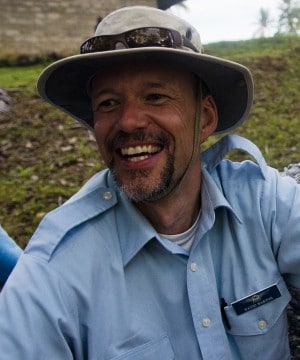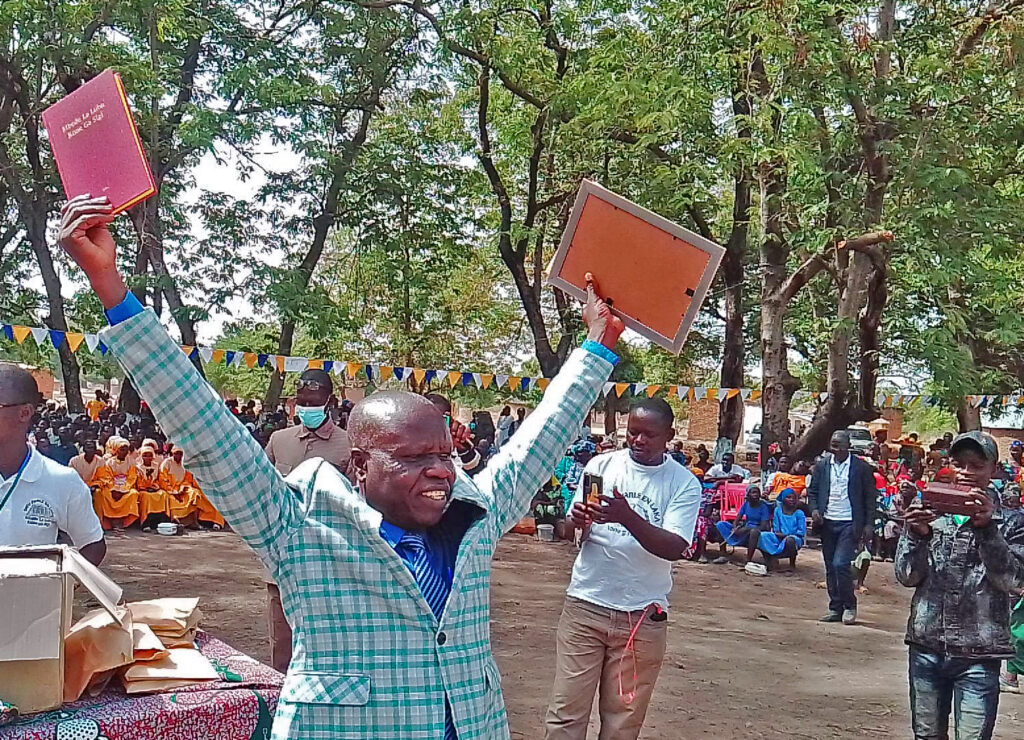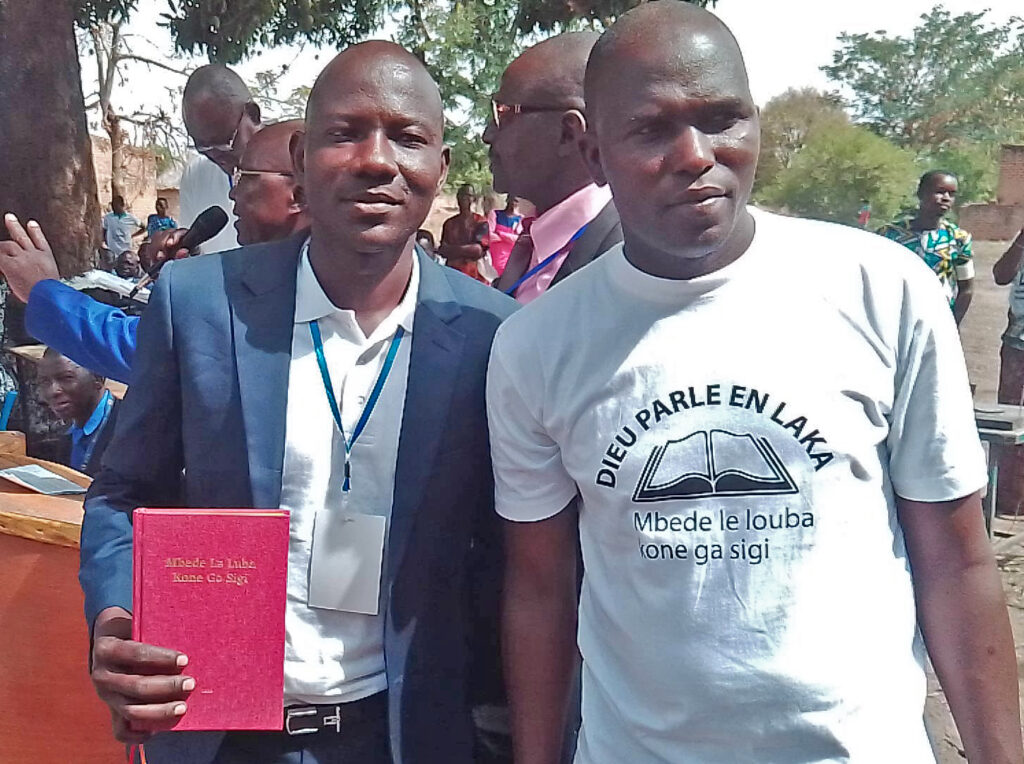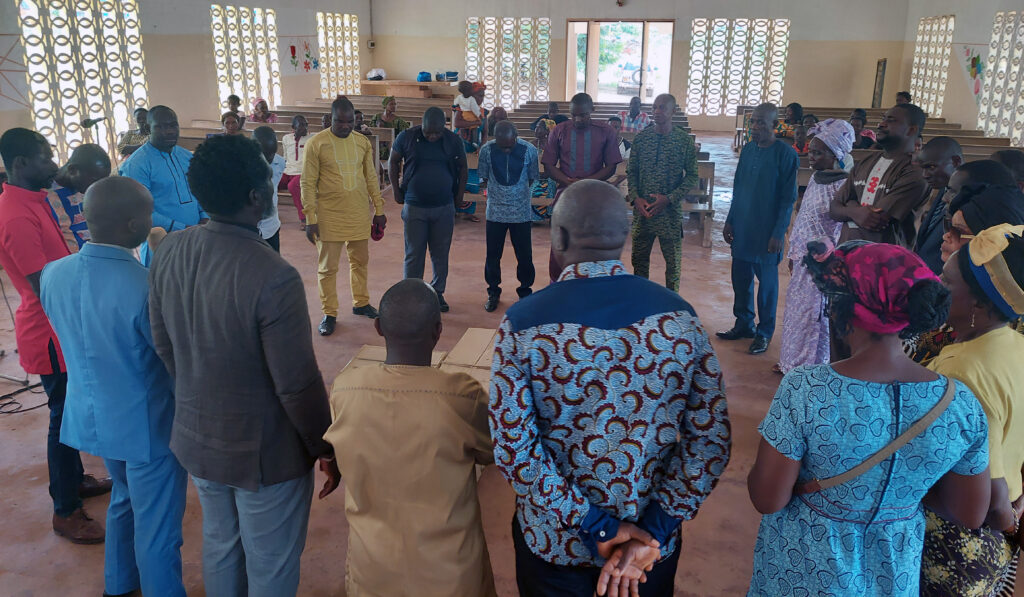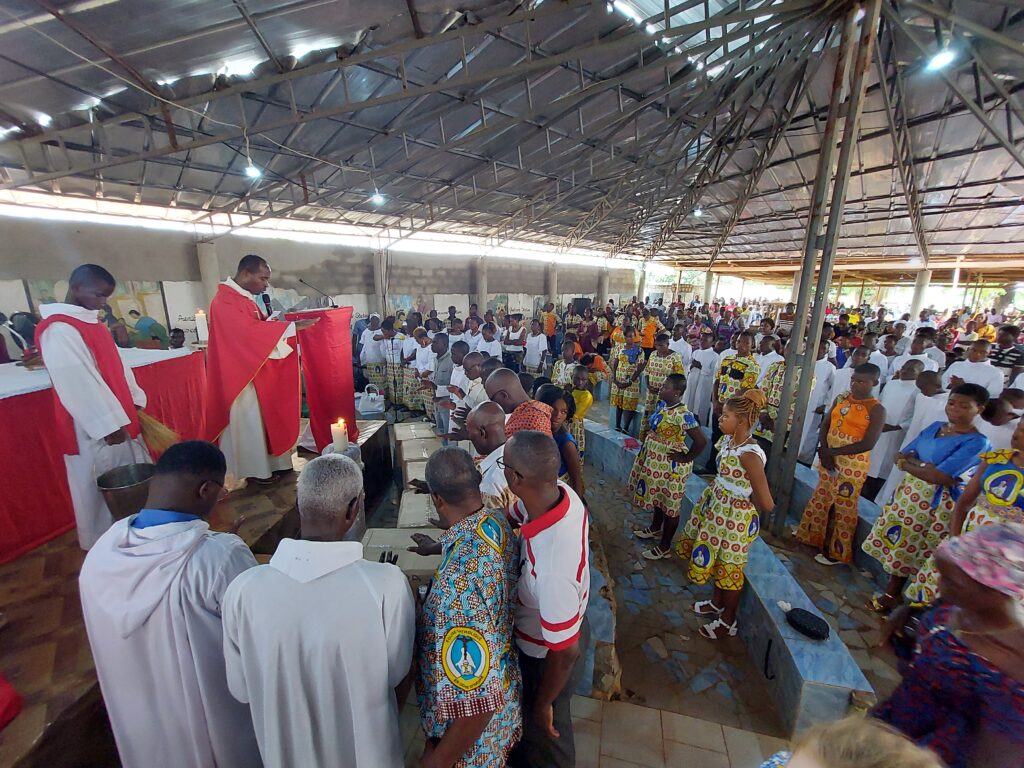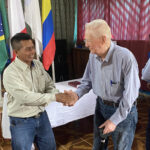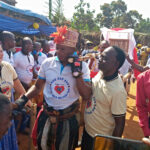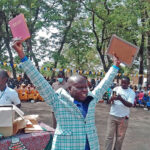Lost At Sea
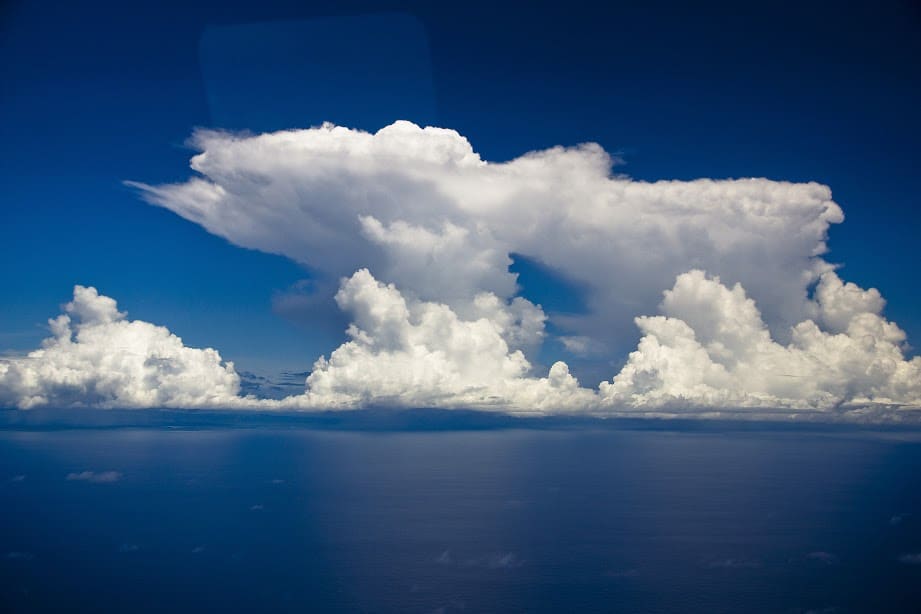
Wednesday dawned, a perfect traveling day at Lomakunauru village on Mussau, a small island far to the northeast of the Papua New Guinea mainland.
There, John and Marjo Brownie, along with their co-translators for the Mussau people, prepared to travel two hours by dinghy from their village to Emira Island where they would meet my flight the next day. The seas had been rough for weeks, and the Brownies had asked partners to pray. As they left at 8:30 that morning, the sea seemed calm with only a small swell.
An hour later, an unexpected combination of waves swamped the small boat. Within two minutes the six passengers were swimming and trying unsuccessfully to inflate their life jackets. The captain had grabbed the bag of safety gear before it sank and set off the emergency beacon. They planned to swim the eight miles to Emira, since the current was already taking them that way.
Although they had found enough buoyant material to keep them afloat, the current and waves separated them into two groups. Soon John and Marjo lost sight of each other.
Meanwhile, at our headquarters in Ukarumpa it was a typical day at aviation. During our morning devotions we’d prayed for the Brownie’s boat travel—for good weather and calm seas. With most of the day’s flights dispatched, I was preparing for the next day, which included picking up the Brownies.
At about 2:00 p.m. we received word that an emergency beacon had been sending out intermittent signals since 9:30 that morning! I immediately thought of the Brownies. We assembled a search-and-rescue team and survival gear, and when further details came, including coordinates that matched the Brownies’ area, we launched the search immediately to use whatever daylight remained.
As team leader, I conducted a pre-takeoff briefing with my crew, assigning duties and search responsibilities. During our long flight to Emira, we refined our plans, coordinated with home base, and plotted our search pattern. The late hour meant that search time on site would be very short before we’d have to land at Emira’s unlit airstrip. The whole crew realized the life-and-death nature of our mission.
Arriving at the coordinates around 5:00, we began flying a search grid using the information from three emergency beacon satellite “hits,” corrected with our best guess for wind and current conditions. Daylight waned as we flew low over the water, peering out of the windows, looking for signs of people or wreckage. We saw lots of debris and even boats that appeared to also be searching. When the sun sank lower on the horizon, I knew we had to land without having found John or Marjo—one of the most difficult decisions I’ve ever had to make.
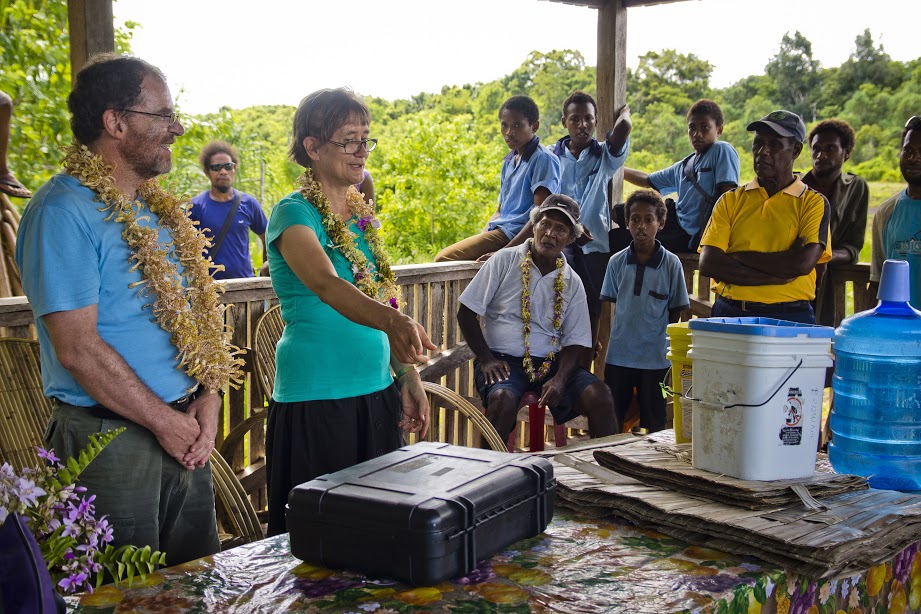
As the crew secured the airplane, I searched for someone with information about the Brownies. Some men reported hearing that Marjo was on another part of the island with a nurse but that John was still lost at sea. The thought of John not surviving overnight in the open ocean hit me as I made a satellite call back to Ukarumpa. I pictured the Brownies’ two children being told the distressing news I was relaying from a now completely dark airstrip, and prayed that God would sustain John.
I was making plans to go see Marjo and confirm her condition when I saw the headlights of an approaching truck. Shining my flashlight into the cab, to my joy I saw a very exhausted, terribly sunburnt and dehydrated John Brownie.
But he was alive! John and I started to cry as we hugged each other. He had made landfall about the same time we began our search. People had found John and Leslie, his translation assistant, and brought them to the airstrip when they heard the airplane land. John had not seen Marjo since the boat sank over eight hours earlier, so we set out to see her after I made a much happier call to update folks at Ukarumpa.
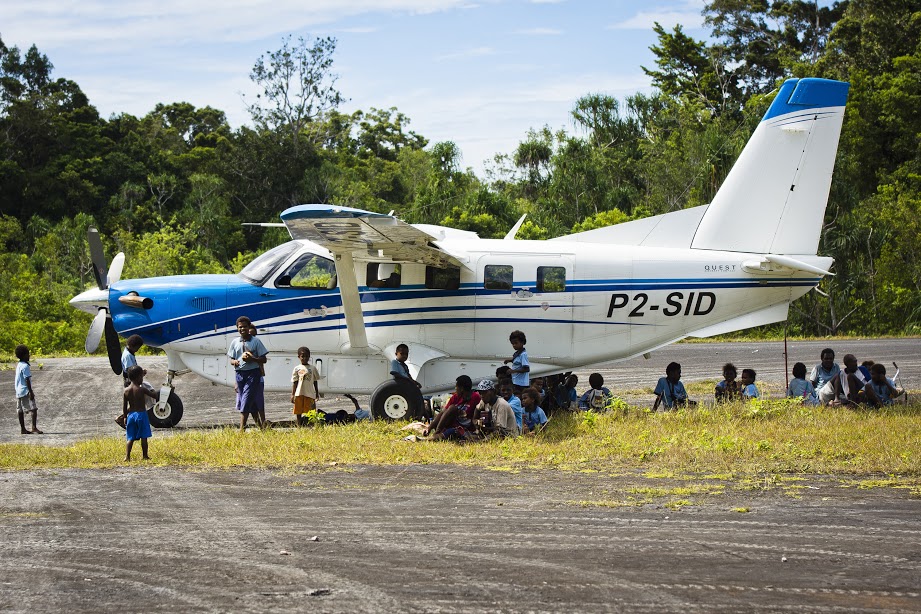
Finally, at 7:00 we witnessed the joyful reunion of husband and wife. Both testified how their partners in the work had kept them holding on when they felt like giving up. It was a very emotional reunion. Everyone went to bed that night exhausted, but so thankful for that God had spared their lives.
The next day we flew John and Marjo back to Ukarumpa to be reunited with their teenage children.
Some weeks later, I flew the Brownies back for the dedication of the Mussau hymnbook. There they were greeted with singing, speeches, and food. Then the people presented John with a valuable discovery: a waterproof computer case that had washed ashore after the accident. It contained his laptop and a memory stick—unharmed. The translation of 2 Corinthians that John and Leslie had worked on during their previous village stay was saved!
Then, more good news! The Mussau people had worked to reopen an airstrip—closed off and on for 15 years due to lack of maintenance and land disputes—located on an island much closer to their village. The Brownies will no longer need to make that dangerous two-hour boat trip over open ocean.


